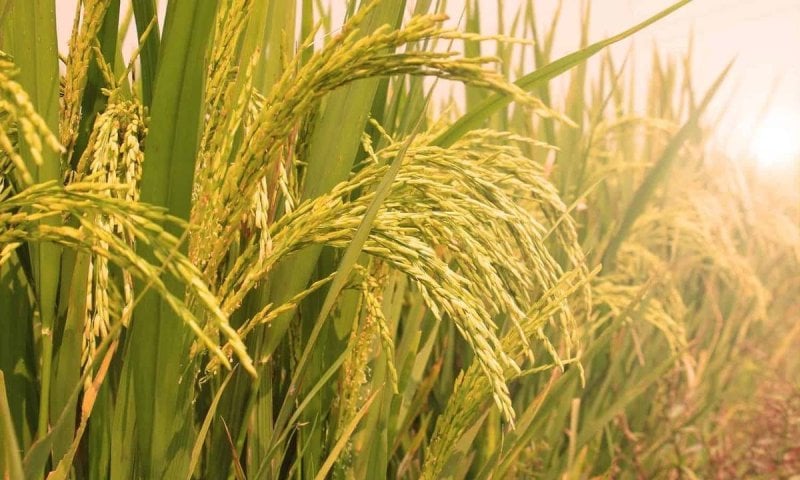Tags
Vigyan Yuva awardee Krishna Murthy SL: Stress-tolerant rice varieties
By Kabir Firaque
The agricultural scientist has developed rice breeds that can give good yields despite stresses such as salinity, alkalinity or low-phosphorus conditions.

Krishna Murthy SL, a senior scientist at the Indian Institute of Rice Research (IIRR), Hyderabad, under the Indian Council of Agricultural Research (ICAR), has developed a number of rice varieties that are resistant to various stresses, such as salinity, alkalinity and low-phosphorous soils. Krishna Murthy, who is one of the winners of this year’s Vigyan Yuva awards for Agriculture, explains the kind of breeding programmes he uses to develop rice varieties tolerant to specific stresses.
What I do
We have developed rice varieties to several kinds of abiotic stresses, which are stresses caused by non-biological factors. For example, abiotic stresses such as salinity and alkalinity lead to significant yield losses across the country, affecting approximately 6.73 million hectares, with the largest areas in Uttar Pradesh and Gujarat. On the other hand, eastern and Northeastern India are characterised by phosphorus-deficient soils.
Such conditions negatively impact rice productivity, and we have developed rice varieties that are tolerant to specific conditions in specific areas.
How I do it
To combat these challenges, various breeding methods have been employed to develop stress-tolerant rice varieties. Our rice varieties currently cover approximately 2 million hectares, helping farmers achieve good yields in salt-affected and phosphorus-deficient soils.
We primarily use the Pedigree Breeding Method and Bulk Breeding Method to develop these varieties by relying on molecular markers; this is called Marker-Assisted Backcross Breeding (MABB). MABB has gained popularity in recent years for its efficiency in reducing the time required to develop new varieties.
We identify strong, robust, and diverse donors for stress tolerance, and incorporate them into our breeding programmes. We screen large populations in sick plots and select the best yielding lines with desirable traits. By utilising a large set of populations, we can reduce undesirable quality traits from donor parents. The sixth generation is repeatedly screened to obtain desirable rice lines, which are then tested at multiple locations across India through the national system (AICRP-Rice), a highly stringent process for variety development. These lines have shown at least a yield advantage of at least 10% over the best-check varieties.
Recently, we have been using MABB to transfer specific traits into high-yielding varieties (HYVs), reducing the development time by 50%. This approach also allows us to minimize undesirable quality traits through recombinant and background selection approach.
https://www.hindustantimes.com/india-news/vigyan-yuva-awardee-krishna-murthy-sl-stress-tolerant-rice-varieties-101724640775577.htmlPublished Date: August 26, 2024






